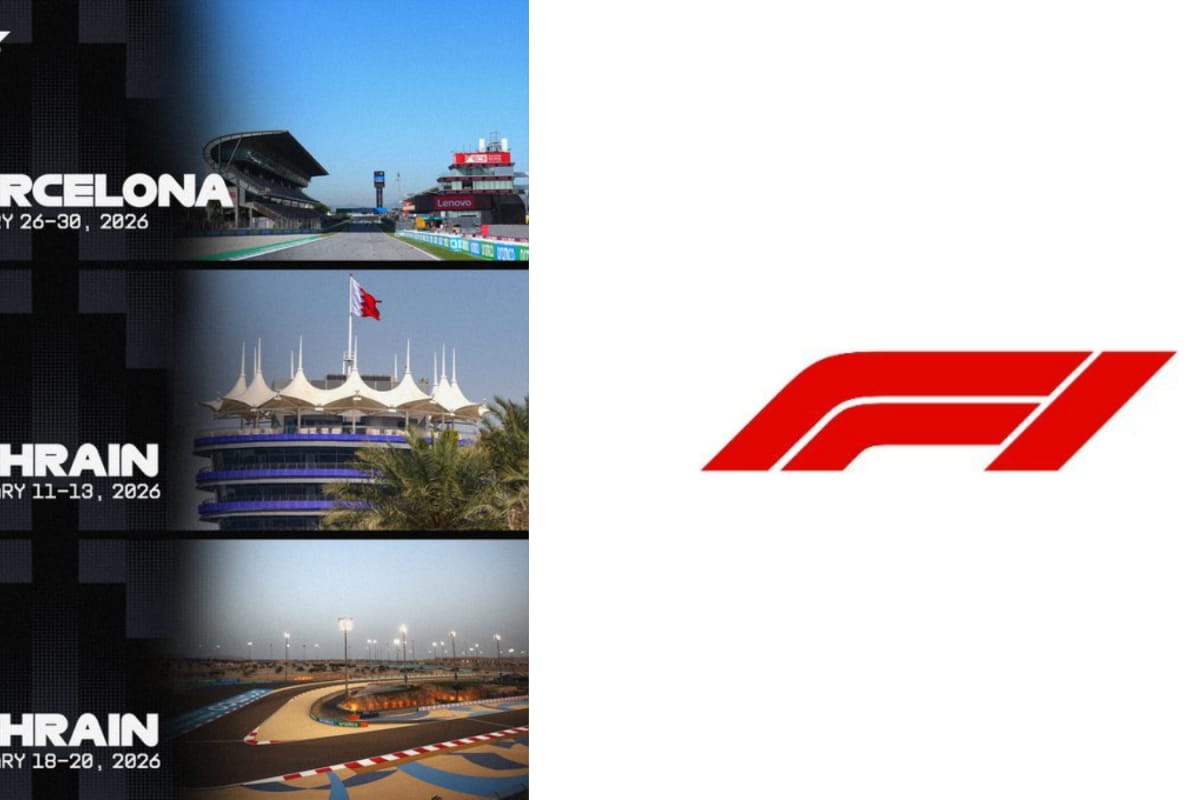

Formula 1 has confirmed key dates for the 2026 season, including pre-season testing and a change to the Azerbaijan Grand Prix schedule. These adjustments come as F1 prepares for a new era of regulations and aims to optimize the race calendar.
Formula 1 teams will have three opportunities to test their new cars before the 2026 season officially begins. The schedule is as follows:
The decision to hold two back-to-back sessions in Bahrain reflects the established tradition of preparing for the season in the Middle East, supported by the region's stable weather and high-level technical infrastructure at the Sakhir circuit. The 11 days of pre-season testing represents a substantial increase over the three days held this year.
The 2026 Azerbaijan Grand Prix has been moved from Sunday, September 27, to Saturday, September 26. This change was requested by the Azerbaijan race promoter and government stakeholders to accommodate a national day of mourning on September 27, which is a day of remembrance for those who died in the 2020 Nagorno-Karabakh war. All F1 teams have been informed of the change, and the entire race weekend will shift forward by one day. This will be the first time the Azerbaijan round of the world championship takes place on a Saturday instead of the usual Sunday.
The 2026 Formula 1 season will mark a major turning point in technical and regulatory terms, with the debut of new-generation cars and a completely overhauled engine and chassis rulebook. The cars will be smaller and lighter and will be powered by electric power and internal combustion in equal measure. The power units will run on electric power and internal combustion, backed by sustainable fuels. The two power sources will be split equally, which is a first for the sport.
The pre-season testing sessions will be closely followed by teams and fans alike, all eager to catch the first glimpse of the competitive order in Formula 1's new era. The first test in Barcelona will be a totally private affair, with no public nor media access. The motivation for teams in keeping the test secret is to avoid being under the media spotlight if they hit early trouble.
The 2026 season will also see the debut of Cadillac's new F1 team. Additionally, Audi, who acquired Sauber in 2024, will enter as a works team with its own power unit. Ford will return to the sport for the first time since 2004, supporting Red Bull Powertrains in supplying Red Bull Racing and Racing Bulls.
In addition to the Azerbaijan Grand Prix date change, the 2026 calendar includes other notable changes:
With these changes, Formula 1 aims to improve the geographical flow of races, deliver significant freight efficiencies, and expand into strategic markets. The 2026 season promises to be an exciting one for Formula 1, with new regulations, new teams, and a revamped calendar.